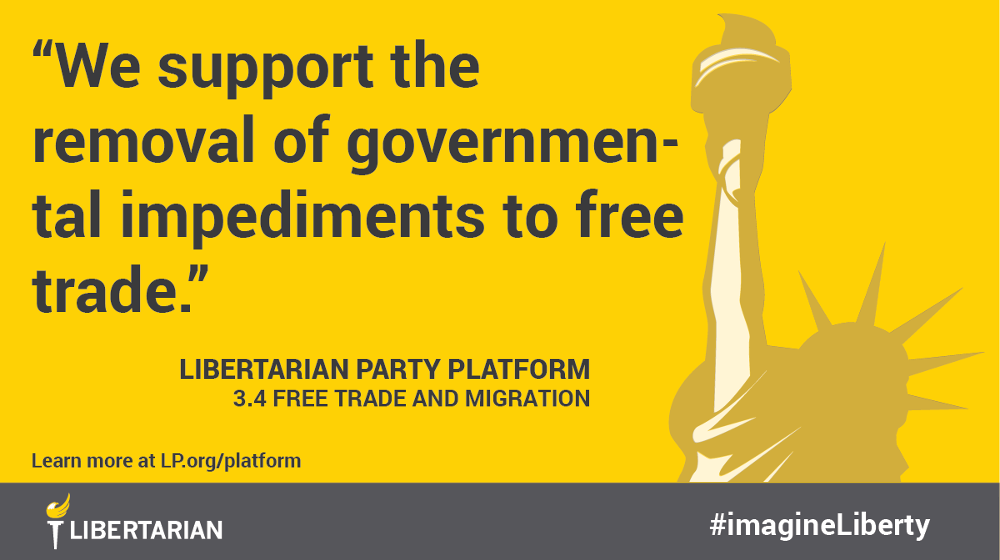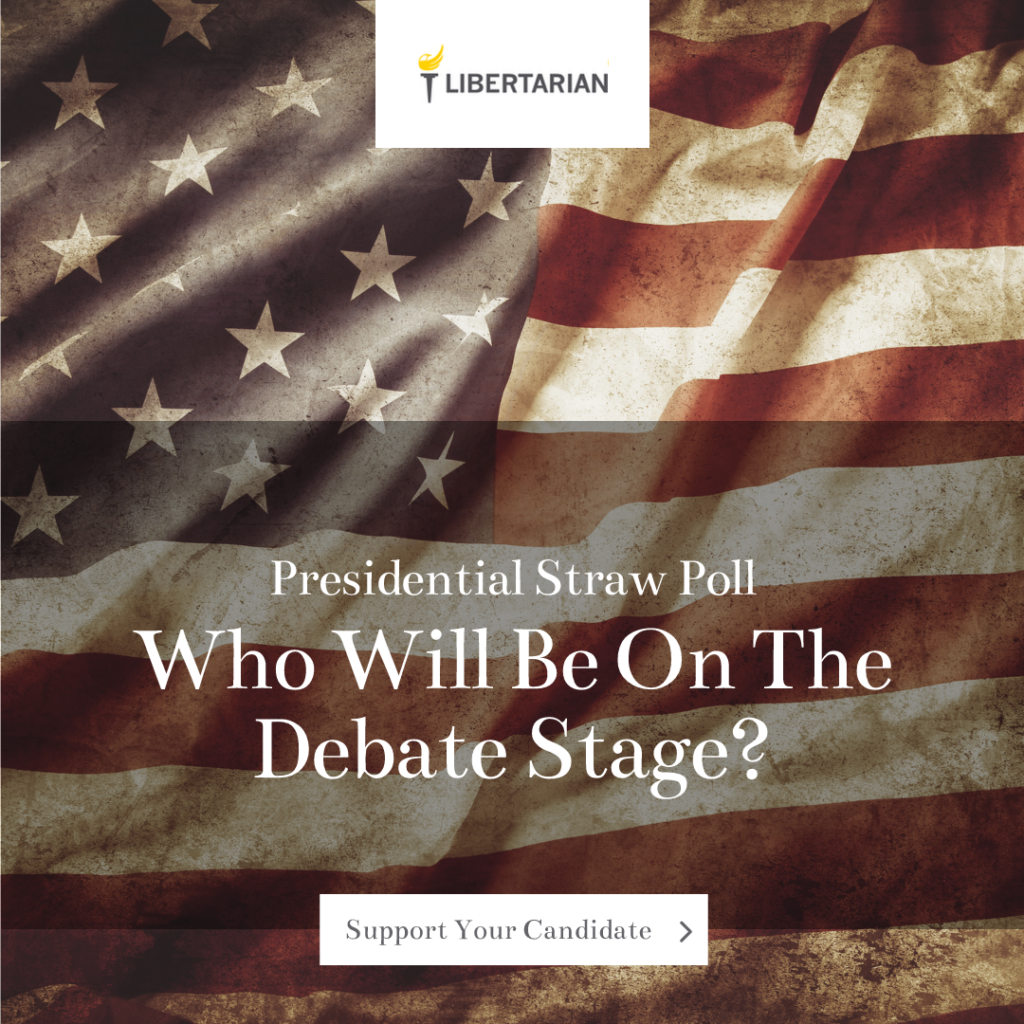President Donald Trump has started trade wars with China, Mexico, Canada, and Europe, and probably every country he’s ever heard of is in his sights. When someone picks a fight with multiple opponents, it’s a safe bet that some of those opponents will fight back rather than knuckle under. It’s happening, and the United States is getting punched where it hurts. Harley-Davidson motorcycles and Jack Daniels bourbon are high-profile victims of Trump’s harmful policies, and American farmers producing soybeans, corn, and wheat have been hit the hardest.
In July, coinciding with a Trump campaign swing through the farm belt, the U.S. Department of Agriculture announced it would give out $12 billion in trade-related aid for farmers, or an average of $37 out of the pocket of every man, woman, and child in the country — all in a hasty effort to make up for some of the damage that trade restrictions have already caused.
The first $4.7 billion of that aid is now becoming available. Soybean farmers will receive $3.6 billion of those funds, even though a study conducted by Ohio State University and the University of Illinois reports that the soybean crop has lost only $2 billion in value from Trump’s trade wars. Corn producers, who have lost $846 million, will receive only $96 million in USDA payments. They’re upset, as are the producers of almonds, pistachios, walnuts, plums, and prunes, who also get less than their “fair share” of the taxpayer spoils.
“All this trade warring and farm subsidizing begs the question of where the president got the authority to cause all this market havoc,” said Libertarian National Committee Chair Nicholas Sarwark. “These trade barriers and producer subsidies are almost uniformly predicated on long-outdated edicts that were poorly reasoned and unjustified even at the time they were passed.”
An obscure national security law was offered as the excuse for steel tariffs, even though U.S. manufacturers produce 70 percent of the steel we use domestically and we import most of the rest from allies. The legal rationale for farm subsidies was a Great Depression–era crop insurance program that had not been used in decades but was never taken off the books. Of course, producer subsidies established during the New Deal were a reaction to low commodity prices that had resulted directly from mismanagement of monetary policy by the government-created banking oligopoly known as the Federal Reserve.
“Bad government policy in one area begets bad government policy elsewhere, ad infinitum,” Sarwark said. “It’s time for the administration to stop using bad laws for political gain. It’s time for Congress to repeal those bad laws before even considering enacting more laws that they hope will fix everything. Democrats and Republicans are clearly not up to those tasks, but Libertarians are.”
To that end, more than 800 Libertarians are running for local, state, and federal office this year. At the federal level, the Libertarian candidate for the U.S. Senate from New Mexico, former two-time Gov. Gary Johnson, has received the endorsement of Kentucky’s Sen. Rand Paul. Johnson is polling higher than his Republican opponent for that office, and he could become the first Libertarian candidate elected to federal office.




